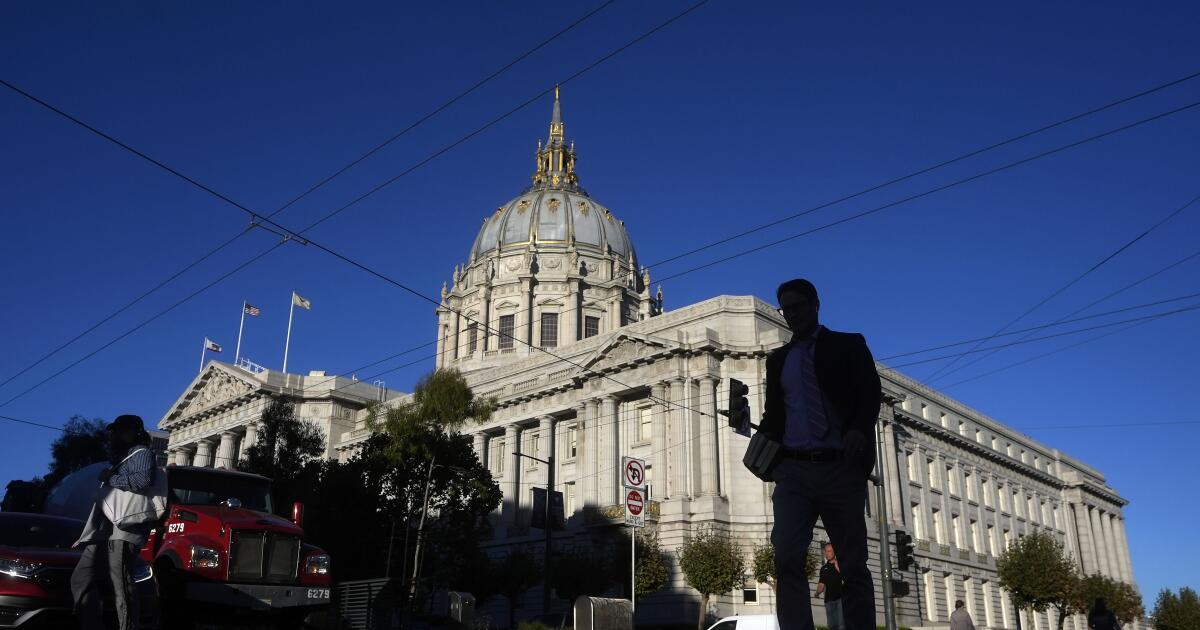LONDON (Reuters) -British Prime Minister Rishi Sunak said on Thursday that he would not hold a general election in early May, in the strongest indication yet that the national vote would take place later this year.
The comments are likely to end speculation that the prime minister will call an early general election. Opposition political parties have tried to goad Sunak into holding one, saying he was running scared of voters.
Asked if he would rule out holding a general election on May 2, the same day as local elections, Sunak told ITV West Country: “there won’t be an election on that day.”
Sunak is unlikely to hold an election on any other day in May because of the logistical difficulties of organising two sets of elections within a few weeks of each other.
The prime minister had endured a difficult week, with the defection of a former Conservative deputy chair to a rival party and questions over why he was not returning millions of pounds from a donor embroiled in a racism row.
Sunak has previously been reluctant to specify when a general election would be held. He said in January that his “working assumption” was that it would take place in the second half of the year.
Polls predict Sunak will lose the election, with his Conservative Party trailing the main opposition Labour Party by about 20 percentage points.
The government has struggled to make progress on its main promises, including stopping asylum seekers arriving in small boats, growing the economy and cutting hospital waiting lists. Sunak has hit one target of halving inflation by the end of 2023.
Sunak must hold a general election by January next year, but the prime minister has the power to call one before then.
(Reporting by Andrew MacAskill and Farouq Suleiman; Editing by Alex Richardson)
